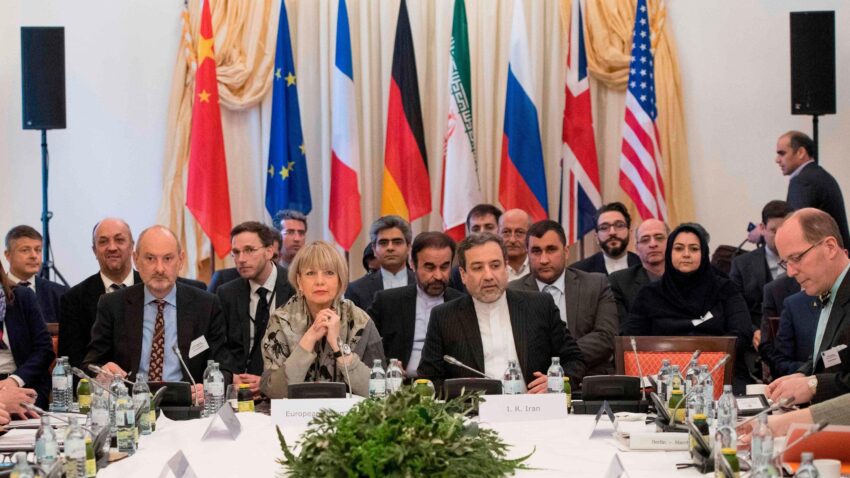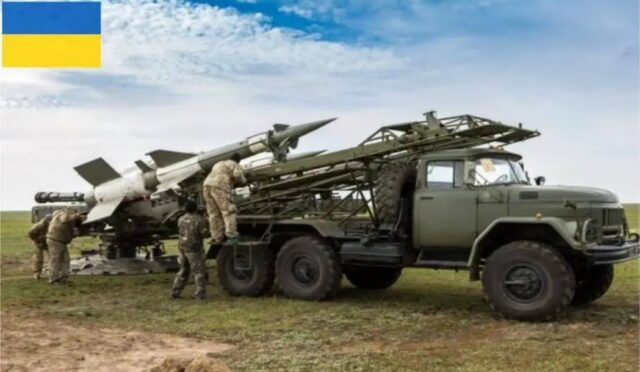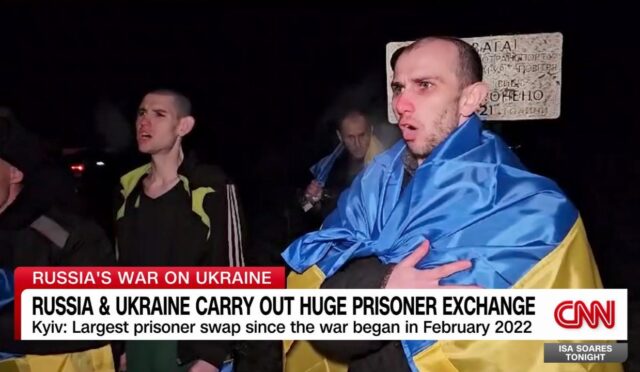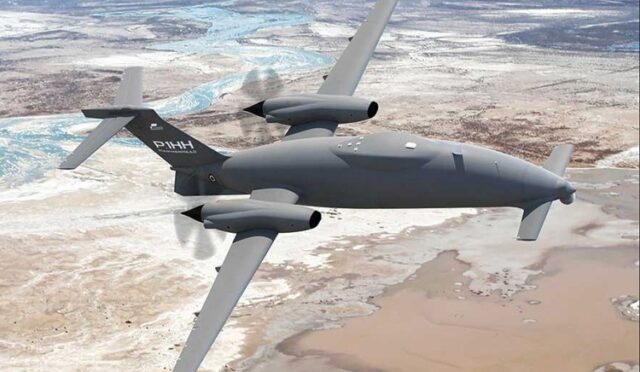Iranian Diplomacy: A Dismissal of Direct Talks
Iran’s Foreign Minister has firmly rejected the idea of direct negotiations with the United States, deeming them ineffective. This decision follows remarks from US President Donald Trump, who indicated his preference for in-person discussions regarding Iran’s nuclear program. In a letter sent to Iran’s Supreme Leader, Ayatollah Ali Khamenei, Trump suggested that negotiations could pave the way for better relations, while also issuing a stark warning about potential military actions if diplomatic efforts failed.
Despite the US President’s overtures, Iranian officials remain skeptical. Minister Abbas Araghchi expressed concerns over engaging directly with a country that frequently resorts to threats and showcases mixed signals through its officials. He reaffirmed Iran’s commitment to pursue indirect negotiations, stating, “We remain committed to diplomacy and are prepared to pursue the path of indirect negotiations.” Araghchi emphasized Iran’s readiness to defend its national interests, underscoring that diplomacy does not equate to compromising sovereignty.
Calls for Equal Dialogue
On the diplomatic front, Iranian President Masoud Pezeshkian conveyed the nation’s willingness to partake in discussions with the United States, provided that both sides approach the negotiations on equal terms. His statement included a critical perspective on Washington’s approach, questioning the sincerity of its calls for dialogue in light of ongoing threats. Pezeshkian’s remarks highlight a pervasive distrust within the Iranian leadership regarding America’s intentions.
The historical context complicates the possibility of fruitful discussions. Since the 1979 Islamic Revolution, Iran and the US have lacked diplomatic relations, with countries like Oman stepping in as mediators over the years. Trump’s recent message to Khamenei was relayed through the United Arab Emirates, with Iran’s response filtered back through Oman. Iran’s position, articulated by military leadership, reiterates its desire for regional peace while maintaining a readiness to counter any threats.
Concerns Over Nuclear Status
Tensions surrounding Iran’s nuclear ambitions have persisted for decades, with Western nations, particularly the US, accusing Tehran of attempting to develop nuclear weapons. Iran has consistently countered these assertions, claiming its nuclear activities are strictly for civilian purposes. The controversy will likely remain a significant hurdle in any potential negotiations.
In 2015, Iran reached a significant agreement known as the Joint Comprehensive Plan of Action (JCPOA) with major world powers, agreeing to limit its nuclear activities in exchange for sanctions relief. However, following the US withdrawal from the agreement in 2018 under Trump’s administration, Iran began to gradually dismantle its commitments and expand its nuclear program.
Warnings from Iranian Officials
In light of escalating tensions, Ali Larijani, an advisor to the Supreme Leader, cautioned that while Iran has no intentions of pursuing nuclear weapons, it would be compelled to do so if faced with aggression. This remark underscores the precarious balance between diplomatic ambitions and national security concerns within Iranian policy.
As the geopolitical landscape continues to evolve, both the US and Iran seem poised between the desire for dialogue and an underlying current of animosity. The way forward remains uncertain, with both sides harboring mistrust that complicates the quest for constructive engagement.







